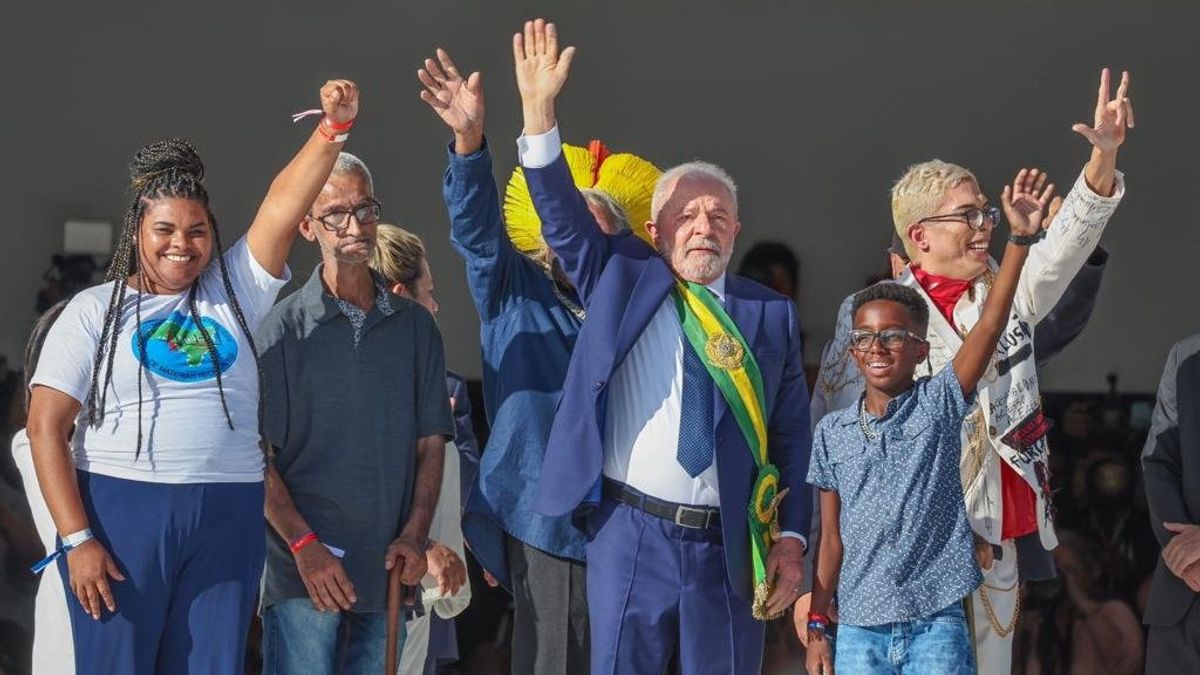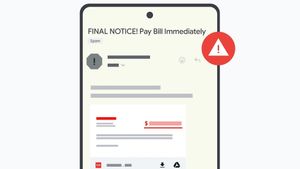JAKARTA - Luiz Inacio Lula da Silva chose to lift the easing of arms holdings for people whose predecessors were issued, back to combat deforestation, when he officially served as President of Brazil.
He was sworn in as President of Brazil on Sunday, vowing to make drastic changes to save a country hit by hunger, poverty and racism.
President Lala's plans for governance are in stark contrast to four years of his predecessor government Jair Bolsonaro, characterized by a setback for environmental protection in the Amazon rainforest, a looser law of arms, to weaker protection for indigenous peoples and minorities.
President Lula said he wanted to turn Brazil, one of the world's top food producers, into a green superpower.
In his first presidential decision, Lula restored the authority of the Ibama government's environmental protection agency to combat illegal deforestation, which Bolsonaro has weakened. He also lifted actions that prompted illegal mining on protected customary land.
In addition, President Lula also disbursed billions of dollars worth of Amazon funds financed by Norway and Germany to support sustainability projects, strengthening his commitment to ending deforestation in Amazon, which has soared to its highest level in 15 years under Bolsonaro's rule.
Furthermore, President Lula also lifted Bolsonaro's looser weapons policy, prompting a sharp increase in arms possession in Brazil.
"Brazil doesn't want more weapons, he wants peace and security for his people," he said.
The election victory of CLA marks a stunning return to politics, winning an unprecedented third term after a pause that saw him spend a year behind bars.
In previous years as president of the Labor Party (PT) from 2003-2010, the former union leader lifted millions of Brazilians from poverty during a commodity boom that supported the economy.
Now, he faces tough challenges to improving Brazil's stagnant economy while also putting together a painfully polarized country under his predecessor Jair Bolsonaro.
Lula said he would be fiscal, but made it clear that his main focus was ending hunger and narrowing rampant inequality.
He also said it aims to improve women's rights, as well as attack Brazil's racism and slavery heritage.
"This will be the hallmark of our government," he said.
The English, Chinese, Japanese, Arabic, and French versions are automatically generated by the AI. So there may still be inaccuracies in translating, please always see Indonesian as our main language. (system supported by DigitalSiber.id)













